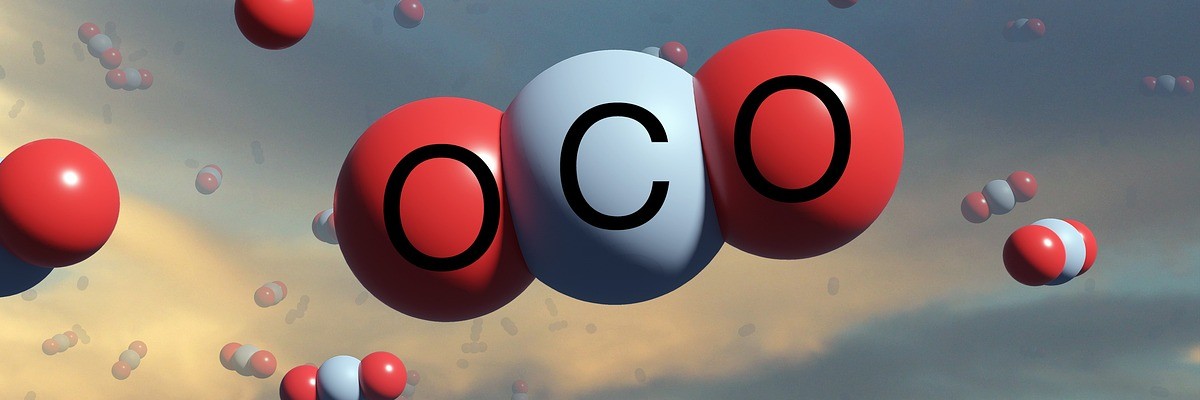Researchers are testing new methods of using microorganisms called cyanobacteria to remove carbon dioxide from the atmosphere. As part of the "2 Frontiers" project, a team of scientists traveled to the Italian island of Vulcano last September, where water seeping from beneath the dormant volcano contains high levels of carbon dioxide. The team collected several samples of seawater with varying levels of carbon dioxide and analyzed them in a field laboratory.
The microorganisms discovered in the hot waters of Italy consume carbon dioxide surprisingly quickly, according to the researchers involved in the project. They hope to use these microorganisms to absorb and remove carbon dioxide from the atmosphere. Cyanobacteria convert carbon dioxide into biomass faster than any other known bacteria and sink in water, which could aid in sequestering the absorbed carbon dioxide. However, researchers warn that there is no magic solution to the problem of excess carbon dioxide in the atmosphere, and various approaches will be necessary in the fight against climate change.
The study was funded by the biotechnology company Seed Health. The company is already involved in selling probiotics for human health, developing probiotics for bees, and researching the use of microbial enzymes to break down plastics. The use of bacteria for carbon dioxide capture is an active area of research worldwide, and previous studies have highlighted the importance of innovative approaches such as genetic and synthetic engineering to expand the production of valuable products using captured carbon dioxide.
Source: Clean Technica

